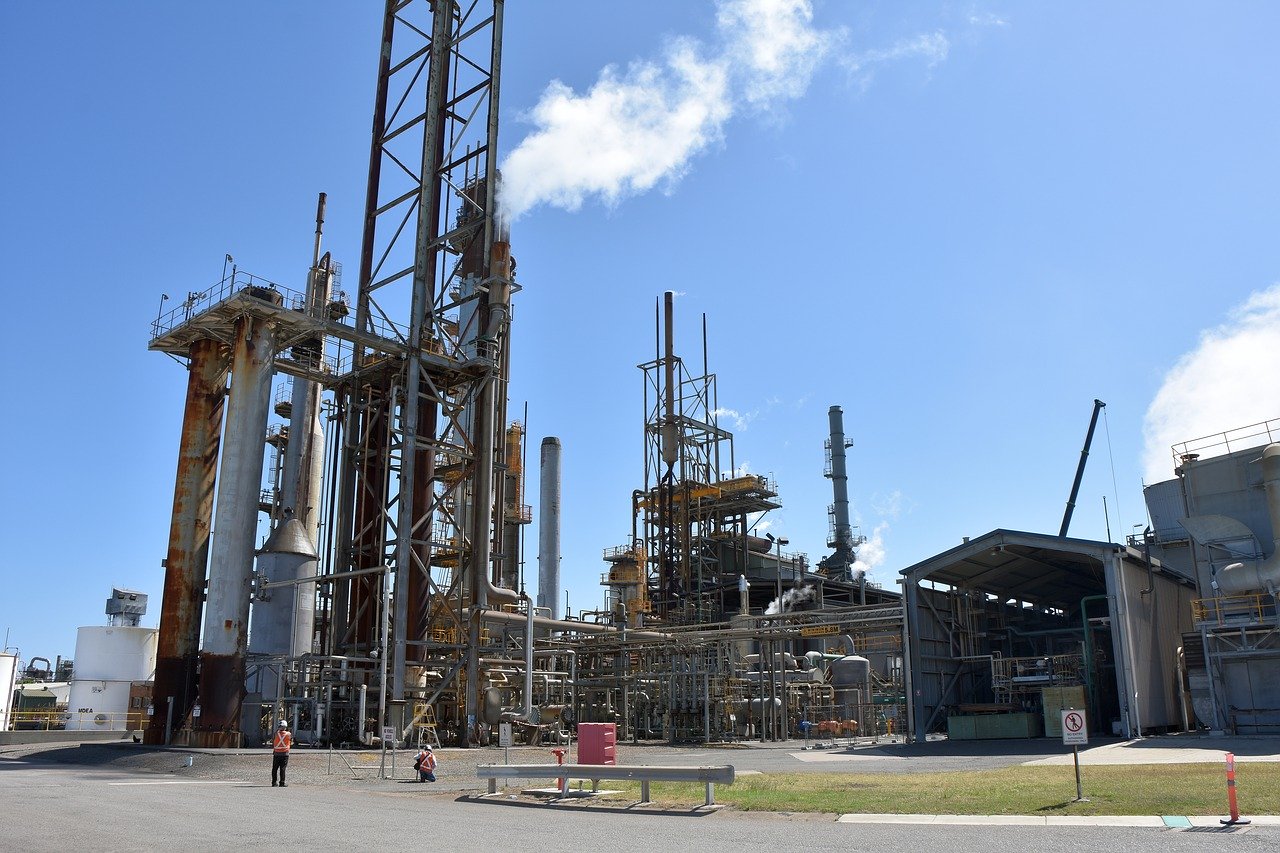This post is also available in:
 עברית (Hebrew)
עברית (Hebrew)
By Arie Egozi
The explosion in Beirut has raised again the discussion about the concentration of huge amounts of chemical materials at the Haifa Bay region. My evaluation – the subject will disappear from the headlines within days and will not be dealt with.
Why? Because in Israel, such problems are not handled the right way. Too many players, too many rules. A lot of interests and a very sad result.
Ammonium Nitrate, 2750 tons of which had caused the disaster, is an oxidizing agent used for agricultural fertilizing, the manufacturing of civilian explosives (when mixed with diesel) and for various industrial uses, such as Nitrous Oxide gas production. In the past, most of the experts claimed that Ammonium Nitrate can not explode as long as it is not mixed with a flammable substance. However, a decade ago this assumption has changed following the explosion of Ammonium Nitrate in a US factory, and the investigation led to changes and stringency of the standards regarding its storage.
According to a publication in Calcalist, in Israel Ammonium Nitrate is widely used for agriculture and industrial production. According to the Ministry of Environmental Protection, the material is used in Israel in two major configurations: low-density Ammonium Nitrate used in quarries and for controlled explosions, and higher density Ammonium Nitrate for the manufacture of fertilizers. The material is reportedly used by a civilian explosive production factory near Zichron Ya’akov, at the Haifa Bay fertilizers factory, and at the fertilizer factories in Kiryat Gat and Beit She’an.
Chemistry prof. Ehud Keinan had said in the past: “I hope that at any stage of the production or storage, large amounts of the material are not stored at the factory. Any amount higher than 200 tons in a single installation might cause devastating consequences in case of an explosion. I believe that they regard this material with much more respect than in Beirut.” Aharon Goren, an expert on fireworks accidents whose report on the subject had been published by the Ministry of Environmental Protection explains that both types of Ammonium Nitrate are dangerous and sensitive to explosion. Fireworks are also stored in various sites, and in Israel, there is not enough awareness of the danger emanating from their storage in closed installations.
The consultant Danny Kronenberg claims that “the main lesson to be learnt from the Beirut Port blast is that explosive materials, including fireworks and Ammonium Nitrate, must be stored under the right security conditions and not in warehouses at the heart of a dense city.” He said that whenever a cargo of explosive material arrives in any port, it should be transferred as soon as possible to the right storage, in bunkers or in an installation far enough away so that no harm is caused to people of the environment in case of an explosion. It is very important that the storage conditions would be defined by law and enforced.”
But in Israel (as in Lebanon), as Calcalist exposed, there are no legal regulations regarding the storage of explosive materials. This material category includes both fireworks and Ammonium Nitrate soaked with petrol – although since the definitions were set it became clear that the Ammonium does not have to be necessarily soaked with petrol, as the incident in the US factory had proved. In Israel, the explosive materials law was legislated in 1954, and the explosive materials regulations – in 1994, but they do not refer to fireworks. In fact, until now, no regulations were published in Israel regarding the secure storage and use of fireworks, in spite of the consequences to security and defense.
So the problem is known, the danger is clear. But in Israel, the mission is never completed. After the evacuation of the Ammonium container form Haifa Bay there were left in the site containers with dozens of types of hazardous chemical materials.
But due to the confusion regarding whose responsibility is this, the issue has been left untreated, falling through the cracks.
And the disaster is already behind the corner, not only in case of a missile attack from Lebanon but also as a result of a failure in one of the factories. There are too many invented titles for ministers in the Israeli government, but not one of them can actually solve the problem.
Of course, since the Beirut blast, whoever had any relation to the subject got interviewed and expressed their opinion, but this was it.
The Israeli government is not functioning, so don’t expect any solution.

Arie Egozi, iHLS Editor-in-Chief


























